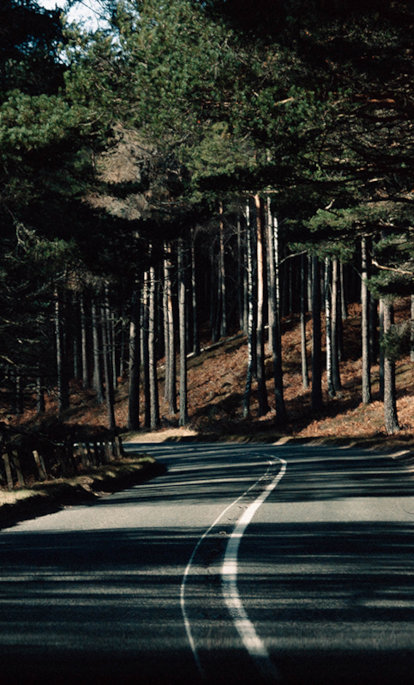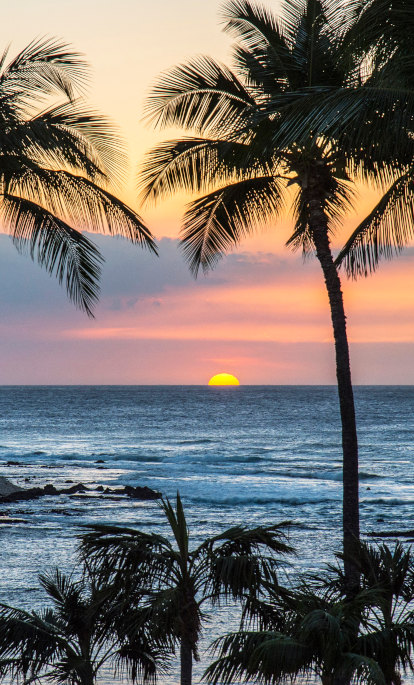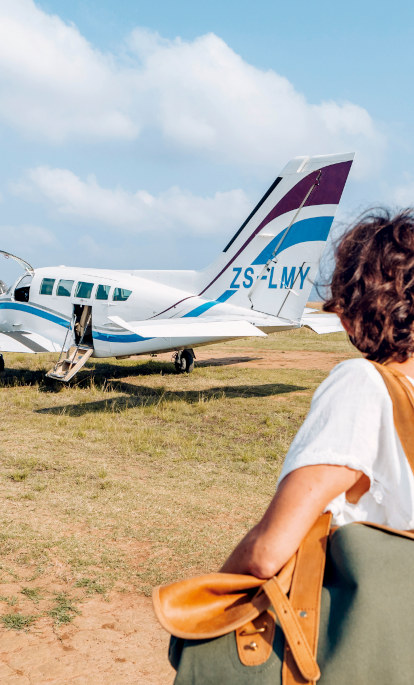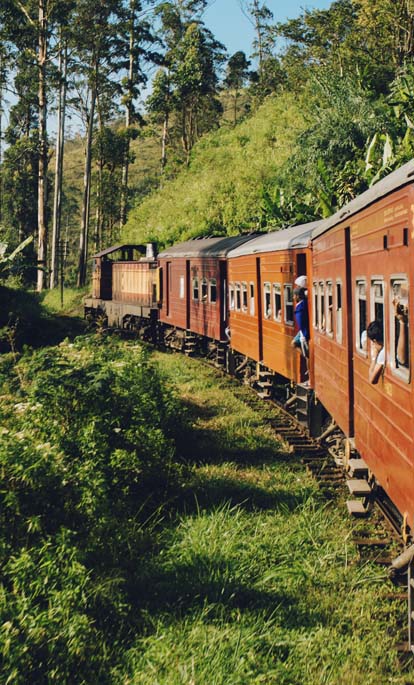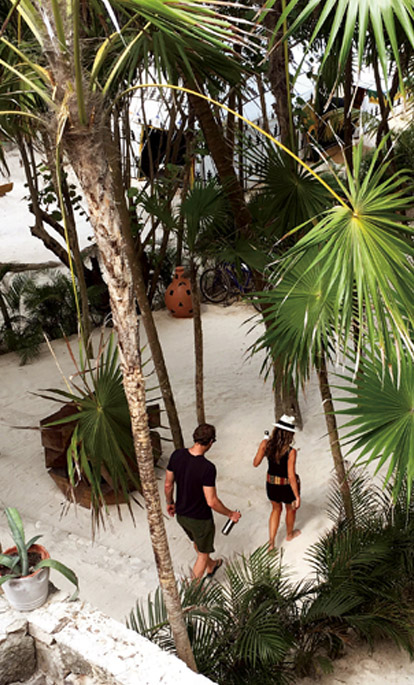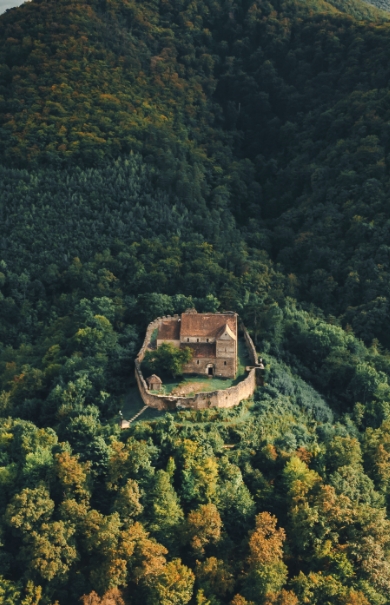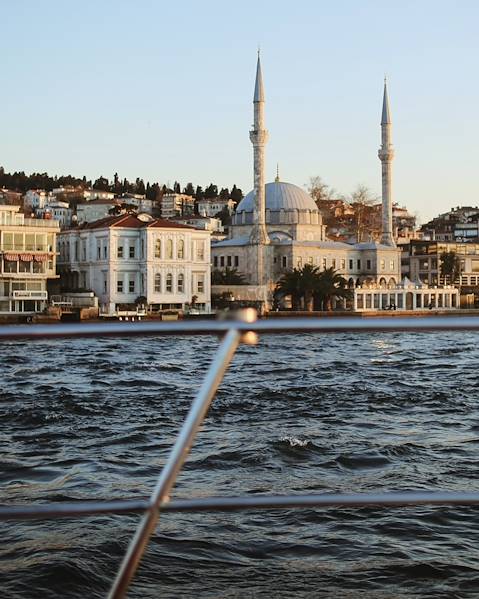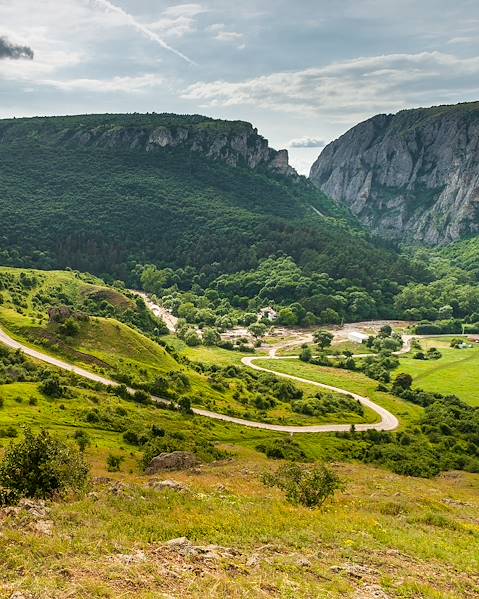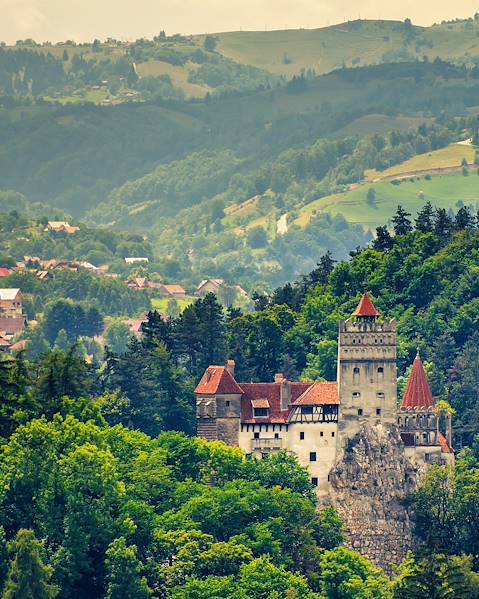Population
19.12 million inhabitants (2021).
Languages Spoken
The mother tongue of Romania is Romanian, with 90% of the population, as well as 80% of the population of the Republic of Moldova (where it is called the Moldovan language), speaking it. Romanian is a language derived from Latin, with 75% of the total vocabulary coming directly from Latin. Romanian is largely considered to be an ‘asymmetrical’ language, compared to other Latin languages, meaning it’s quite easy for a Romanian to understand Italian, French and Spanish, but the reverse isn’t the case due to the Slavic influences and phonetic mutations. The spelling of Romanian is very simple, like that of Italian, because phonetically each phoneme corresponds to a letter. For phonemes that other languages write with several letters, Romanian uses diacritics, with the exceptions being the sounds /ke/, /ki/, /ge/ and /gi/ which are written ‘che’, ‘chi’, ‘ghe’, ‘ghi’. Despite this, countless other languages are also widely spoken, like Hungarian and German. Both are used across Transylvania and in the west of the country, whereas Ukrainian, Polish and Russian are often found in the southern and eastern borders. English is also gaining traction, with the predominantly younger crowd.
People
The Romanian population is made up of 90% Romanians and 10% of other nationalities. The main minorities are the Hungarians or Magyars (6.6%) followed by the Roma (2.5%), the Ukrainians (0.3%) and the Germans (0.3%). They maintain their identity through regional customs and traditions.
Religion
Romania is a predominantly Orthodox (86.8%) country. Some of the other denominations are Catholics (5%) and Protestants (3.5%). The religious feeling of the Romanian people has been a tumultuous journey, with the communist years marginalising and suppressing many, but since the start of the ‘90s this has begun to change. Especially with the regeneration of numerous churches that have been constructed throughout the country.
National Holiday
Until 1989, a national holiday was celebrated on August 23rd, the date which corresponded to the declaration of war on the Axis and the start of fighting alongside the Soviet army. However, since 1990, the national holiday has now taken place on the first of December, to correspond with the celebration of the Union of all the Romanian provinces in 1918, in Alba Iulia.
Holiday Calendar
December 1: National Day
1st and 2nd January (New Year)
March 8: International Women's Day
Orthodox Easter: two days, the dates of which vary from year to year
May 1 – Labor Day
December 25 and 26 – Christmas.
History
Romania lies at a crossroads in central, eastern and southeastern Europe, bordering Bulgaria to the south, Ukraine to the north, Hungary to the west, Serbia to the southwest and Moldova to the east, with the famous Black Sea lying to the southeast too. It has a population of around 19 million people and is the 12th largest country in all of Europe and the sixth most populous member state of the European Union. Its capital is Bucharest, which is also its largest city.
The original settlement in what is now Romania started in the Lower Paleolithic, with written records attesting the kingdom of Dacia and later Latinization by the Roman Empire. However, it wasn’t until 1859 that the modern Romanian state was formed, through a personal union of the Danubian Principalities of Moldavia and Wallachia. This new state was officially named Romania in 1866 and gained independence from the Ottoman Empire in 1877. During World War I, after declaring its neutrality in 1914, Romania fought together with the Allied Powers from 1916. The aftermath of the war saw Bukovina, Bessarabia, Transylvania and parts of Banat, Cri?ana, and Maramure? become part of the Kingdom of Romania. Before the summer of 1940 when the Molotov–Ribbentrop Pact and Second Vienna Award saw Romania compelled to cede Bessarabia and Northern Bukovina to the Soviet Union and Northern Transylvania to Hungary. By the November of that year Romania had signed the Tripartite Pact and, consequently, in June 1941 entered World War II, fighting against the Soviet Union until August 1944, when it joined the allies and recovered Northern Transylvania. After the war and occupation by the Red Army, Romania became a socialist republic and a member of the Warsaw Pact and the 1989 Revolution began a transition for the country towards democracy and a market economy.
Romania is considered a developing country with a high-income economy, it’s experienced rapid economic growth since the early 2000s with an economy that’s based primarily on services. It has also been a member of the United Nations since 1955, NATO since 2004 and the European Union (EU) since 2007.
Politics
Romania has been a member of the European Union since January 1st 2007 and a member of NATO since 2004. Romania is a parliamentary democracy based on the principles of the Constitution that were adopted in 1991 and amended in 2003. According to the Romanian Constitution (drawn up on the principles outlined in 1923 and of the French Constitution of the Fifth Republic) the President of the Republic is elected for five years by direct universal suffrage. The official title of President has only existed since 1974, when it was created by Nicolae Ceausescu (for himself), who then filled the role of General Secretary of the Romanian Communist Party. The President appoints the Prime Minister, and the parliament is made from a Chamber of Deputies (the French equivalent of the National Assembly) with 332 members and the Senate with 137 members.
Etiquette
Tipping is at your discretion. Nevertheless, it is customary in almost all countries in the world to tip when you have been satisfied with the service. For drivers, we recommend two euros per day and per person (for transfers, we’d recommend one to three euros). Guides can be given ten euros per day and per person. When it comes to restaurants, 10 to 15% of the bill amount is normal. As a rule, it can be useful to align your tip with the local economy and use the price of beer or tea, for example, as an estimate for the cost of living. This ensures that you’re able to estimate an appropriate amount.
Romanians are a welcoming and hospitable nation, with plenty of celebrations and traditions to be enjoyed. When it comes to clothing it can be best to wear modest attire when entering churches or monasteries, with women recommended to wear scarves.
Shopping
Romania has countless regions offering local and artisanal products, from embroidered tablecloths, napkins, pottery items, folk costumes and wooden carvings, to porcelain items, silverware and icons. There are many shops, stalls and markets to be explored, especially near the monasteries where carpets, embroidered fabrics, wooden sculptures, painted eggs and more are sold. Especially in Bukovina, where the delicately decorated eggs are a real wonder.
Food
Romanian food is a rich cuisine with an intense mix of flavours. From delicious Moldavian pork stew paired with a glass of the local plum brandy, ?uica, to the Slavic influenced dishes – there's something for everyone. Among the Romanian specialties, we recommend the ‘sarmale’ which are rolls of stuffed leaves, cooked in a broth, on a bed of tomatoes or wilted cabbage and the ‘tochitura moldoveneasca’, a savoury stew that is found mostly in the eastern part of the country. Both will likely be paired with ‘mamaliga’ (polenta), an essential companion of Romanian cuisine, which often replaces bread. When it comes to fish dishes, there’s perch carp, a typical specialty in the Danube Delta. Or soup-based dishes like ‘Supa’ or ‘ciorba’ (pronounced ‘tchorba’) has a soft and velvety consistency prepared with ‘bors’ (pronounced ‘bortch), which gives it that characteristic sour taste.
Drink
As mentioned, the Romanian drink of choice is ‘tuica’, a brandy that’s been likened to the Italian ‘grappa’ (although ‘tuica’ is usually stronger). It’s a drink fit for all occasions and even as an aperitif. When drunk it’s custom to cheers and shout ‘Noroc, sanatate, la multi ani!’ (‘Luck, health, long life!’). There are plenty of other options too, including wines such as ‘Cotnari’, ‘Jidvei’, ‘Murfatlar’ or ‘Feteasca’. There are lots of excellent Romanian beers to try too.

